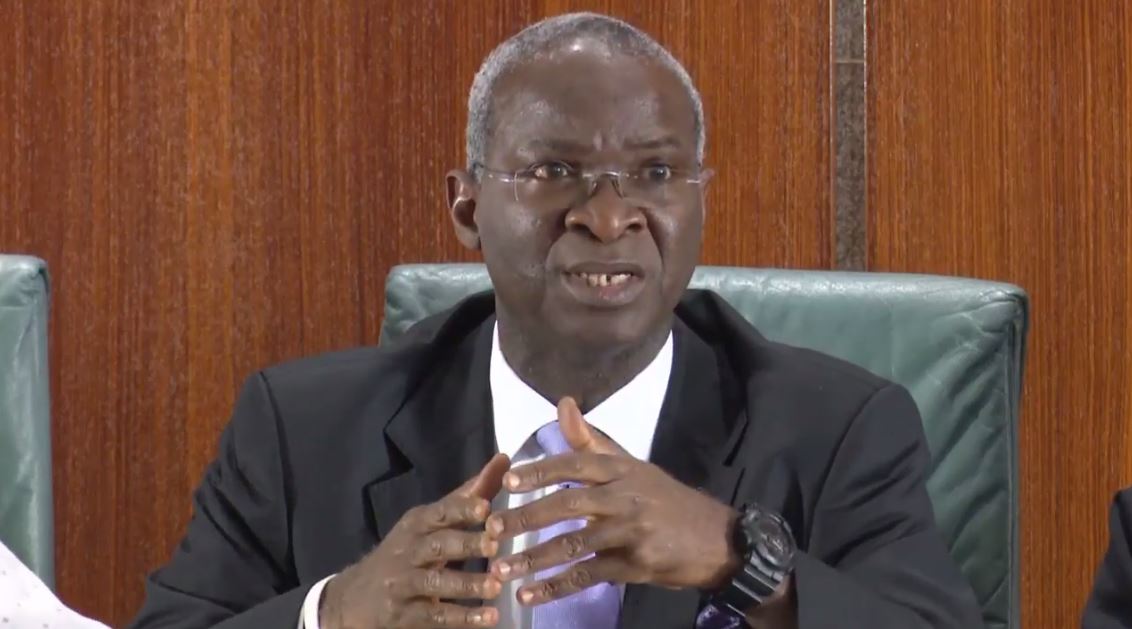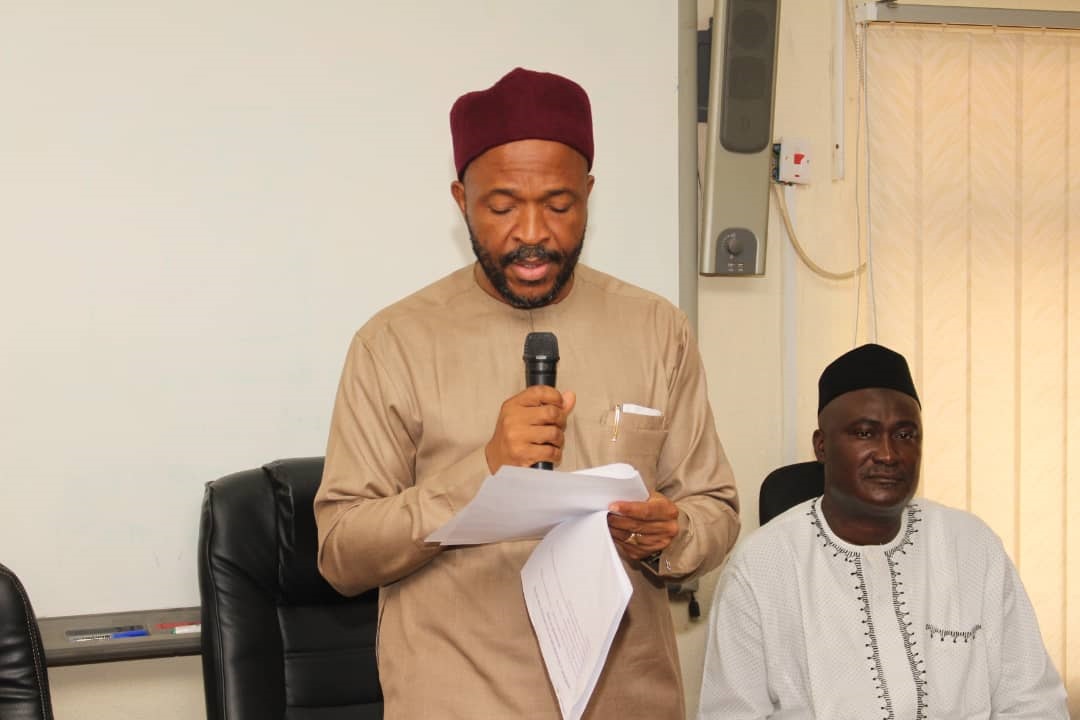The National Association of Academic Technologists (NAAT) has expressed concern over the recent increment in school fees and charges in tertiary institutions across the country.
A statement issued on Sunday by NAAT President, Mr Ibeji Nwokoma, said their reaction followed a decision reached at the 52nd National Executive Council (NEC) meeting.
The meeting was held at the Aliko Dangote University of Science and Technology, Wudil, Kano State.
Nwokoma stated that the development had become worrisome as most federal institutions, particularly universities have increased their fees exorbitantly.
“This development may compel many of our students to drop out of school, occasioned by the current economic hardship facing parents and lack of adequate resources to meet up with economic demands.
“We are aware that over 200 per cent increase in fees and charges are now being imposed by authorities of various universities.
“NAAT, therefore, appeal to government to consider the plight of the poor and rescind the decision by returning to the status quo until the loan issue is properly addressed,” he said.
Nwokoma also said that NAAT was against the recent introduction of the Core Curriculum and Minimum Academic Standards (CCMAS) by the National Universities Commission (NUC).
He said that members of NAAT had observed obvious errors of omission and commission as contained in the current CCMAS document under review.
“For example, on page 70, under Engineering and Technology which is similar to all other disciplines, the role/place of Academic Technologists was not given any consideration as one of the critical stakeholders in the university system,” he said.
He also noted that the document under review was prepared and circulated without an input of NAAT members who are the critical stakeholders in the laboratories, workshops and studios.
According to Nwokoma, the name of Academic Technologist is conspicuously missing, going by the document in reference.
“Technologists’ jobs were assigned to Academics support personnel who are alien to the university system.
“To add salt to injury, these non-existing staff members are also being recommended to be engaged as temporary staff according to the CCMAS document under review (pages 70-117).
“This is an aberration capable of destroying the values of any academic programme in the area of laboratory, workshop, studio or research farm practices.
“The document is also silent on the minimum number of Academic Technologists to man Laboratory, Workshop, Studio or Research farm, for effective and efficient running of an academic programme.
“It was also noted that, contrary to the existing provision of minimum office space for Academic Technologists in the NUC document, no provision was made under the draft CCMAS among others.”
Nwokoma also stated that the association frowned at the decision of the Federal Government to dissolve the Governing Council of all Federal Government owned institutions of higher learning in the country.
He said the decision would cripple the activities of the tertiary institutions especially in the areas of promotion, motivation, welfare, contracts and project documentation as well as laboratory facilities, for practical and research.
“NAAT is of the view that the action contravened the act that established Federal Institutions and does not conform with the miscellaneous Act of 2003 as amended which provides a statutory tenure of Governing Council of Tertiary Institutions and so, cannot be dissolved at will like other boards.
“Therefore, we urge the government to reinstate them immediately so as not to create a vacuum in the management of tertiary institutions,” he said.
On the issue of Student Loans for Tertiary Institutions, NAAT expressed concern that conditions attached to assessing the loan were too stringent such that it might be impossible for a student to access.
The association therefore called for an urgent review of the conditions in order to make it accessible to the concerned students.
“NAAT is strongly of the opinion that government should also consider giving grants, especially for indigent ones, as a viable alternative to students’ loan.”





